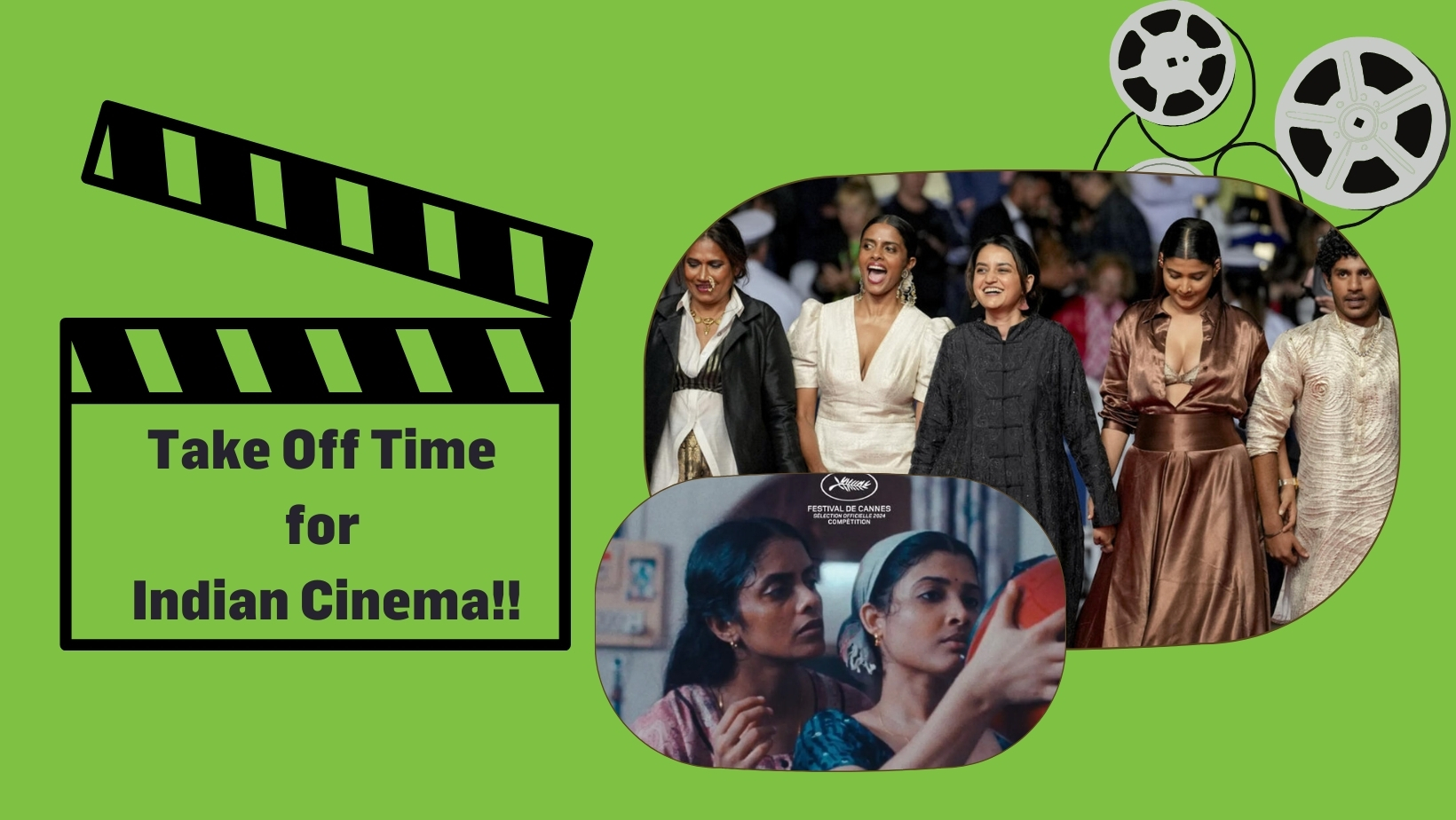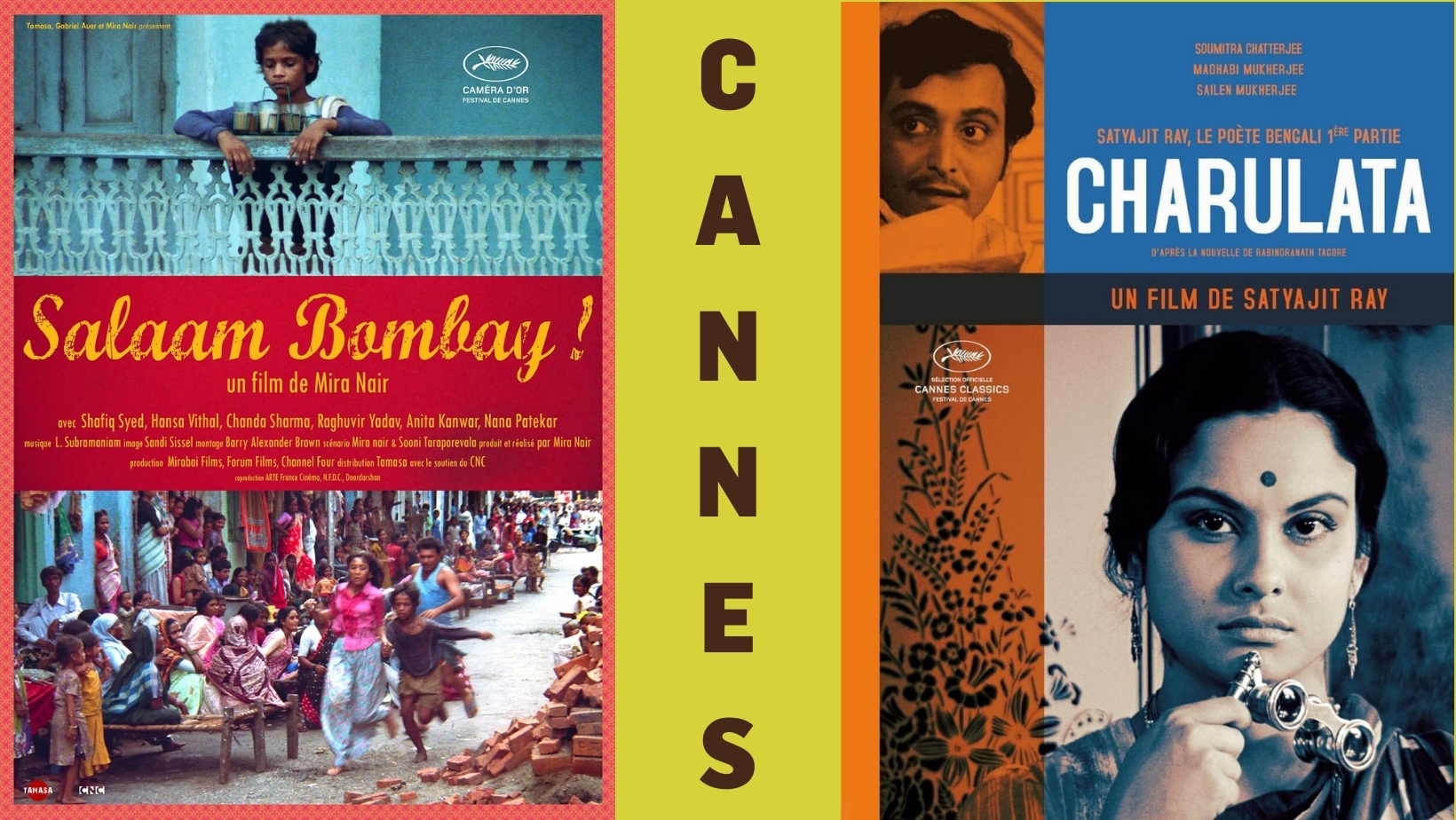
Take Off Time for Indian Cinema!!
Cannes. The French Riviera. A land of glitz, and glamour, where whispers of rebellion simmer beneath the surface. This year, it was Indian cinema’s turn to light a fire, folks. Once considered outsiders by the mainstream, our filmmakers walked away with prestigious awards. But these aren’t your typical Bollywood crowd-pleasers. They’re the quiet storytellers, weaving tales that challenge tradition and paint intimate portraits of the human experience. So, how does a film like Payal Kapadia’s “All We Imagine as Light,” a movie steeped in the complexities of Mumbai life, resonate with a jury on foreign soil? Let’s delve into this, shall we?
First, we need to understand the concept of “anti-establishment” in Indian cinema. It’s not about flashy protests or overt defiance. It’s about capturing the essence of everyday struggles, the yearning for connection amidst the urban chaos. It’s about films that celebrate the beauty of the ordinary, the unspoken desires simmering beneath the surface.
Think of Mira Nair’s “Salaam Bombay!” – a stark portrayal of Mumbai’s underbelly that exposes harsh realities which are often ignored. Or even the quiet lyricism of Satyajit Ray’s “Charulata,” a film that spoke volumes about societal constraints through a woman’s unspoken longing. These films, made decades apart, resonated because they dared to challenge the status quo, not with a bang, but with a quiet, introspective gaze.

Now, back to the present. Indian cinema is a tapestry of vibrant colors. There’s the larger-than-life world of Bollywood, and then there’s the introspective world of independent filmmakers like Kapadia. These storytellers, armed with shoestring budgets and unwavering passion, are the ones breaking through at Cannes.
Payal Kapadia’s “All We Imagine as Light” is a prime example. This beautiful, poetic film explores the lives of three women navigating love, loss, and self-discovery in the bustling heart of Mumbai. It’s a film that doesn’t preach or judge; it simply observes and invites us to contemplate the complexities of human connection. And guess what- at Cannes, it resonated with a global audience.
Why? Because art, in its purest form, transcends borders. A well-crafted story, one that captures the essence of the human condition, can connect with anyone, regardless of nationality or background.
The Cannes jury, a diverse group of international filmmakers, isn’t looking for films that appease a specific ideology. They’re looking for artistic merit, stories that capture life’s essence and make us feel connected with it. And that’s exactly what these Indian mavericks are delivering.
The challenges, however, remain. Here’s the rub: while these films win international acclaim, they often face resistance within India itself. There might be limitations imposed by censorship boards, accusations of not being “commercial ” enough, or have limited distribution due to unconventional themes.
But here’s the silver lining, folks. These international recognitions do two things. First, they give these independent voices a platform to be heard by a wider audience. Second, they force the Indian film establishment to take notice. It sparks conversations, ignites debates, and paves the way for more artistic freedom.
So, what does this mean for the future of Indian cinema? It means we can expect a more diverse landscape, where stories exploring human nuances take center stage. It means filmmakers won’t be afraid to challenge tradition, knowing their work will find an audience – not just in India, but on the global stage.
This recognition at Cannes is a victory for artistic expression, a testament to the power of independent cinema, and a reminder that even the quietest stories can resonate the loudest.
Now, over to you, folks. What are your thoughts on the role of independent cinema in challenging established norms?
Let’s keep reminding ourselves that good cinema, like a perfectly brewed cup of chai, can be both comforting and thought-provoking.
About Author
Smarak Bakshi is a copywriter at Sanket Communications. He is passionate about advertising and marketing trends. And aims to simplify the many intricacies that run the advertising and marketing world. When he’s not working, you’ll find him buried in a book or watching mind-bending thrillers.




